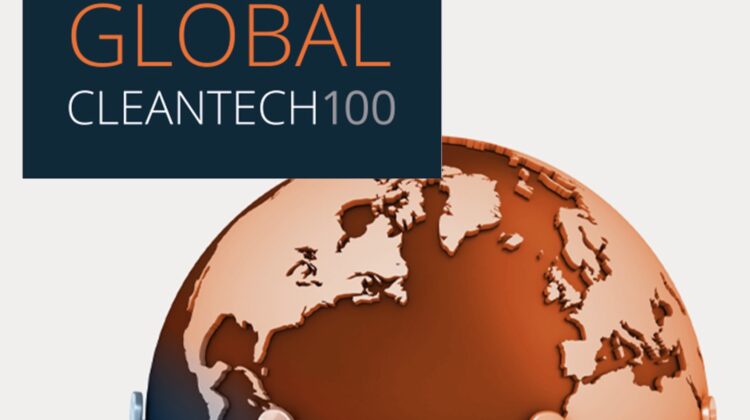
The 2025 edition of the Global Cleantech 100 list has been revealed.
Since 2009 the annual ranking, hosted by San Francisco research firm Cleantech Group, identifies 100 private companies positioned to make impacts in the clean technology sector over the next few years.
Canada, among those at the forefront of energy transitions aiming for “Net Zero” economies, is often a contender. This year is no exception.
Indeed, Canada was tied with the United Kingdom for the second most companies on the Global Cleantech 100 next to the United States of America, who currently dominates the global tech scene.
The Canadian companies are as follows:
- Cyclic Materials (Toronto)
- Enersion (Calgary)
- e-Zinc (Toronto)
- Ionomr Innovations (Vancouver)
- Mangrove Lithium (Vancouver)
- Pani (Victoria)
- pH7 Technologies (Vancouver)
- Summit Nanotech (Calgary)
- Svante (Burnaby)
The nine Canadian companies on the list “speak to this country’s continued strength in large-scale energy storage, carbon capture, and sustainable battery supply-chain technology,” according to Toronto’s MaRs, which has supported two-thirds of the ventures recognized this year.
“Canada continues to demonstrate leadership in clean technology, landing once again near the top of this global list of high-impact, high-potential innovators,” stated Tyler Hamilton, senior director of climate at MaRS.
However, while a nation as small as Canada representing 9% of the Global Cleantech 100 may sound impressive—and it is—2025 is actually a relatively weak showing for the country when compared with some previous years. For example, just last year saw 13 Canadian firms on the list, including seven from just BC.
“The lower representation of Canadian companies this year highlights the need for ongoing investment and support to maintain our competitive edge in this critical area,” Hamilton posits. “Innovation remains strong, but government, industry, investors and other stakeholders must work better together to generate opportunities that will see more Canadian cleantech leaders grow and compete globally.”
Richard Youngman, CEO of the Cleantech Group, agrees.
“With only nine Canadian companies featured in 2025, this marks a noticeable decline compared to previous years,” said Youngman. “While some long-standing players have fallen off the list, it raises the question: has Canada’s cleantech innovation pipeline begun to lose momentum? If so, understanding the reasons behind this trend is critical.”


